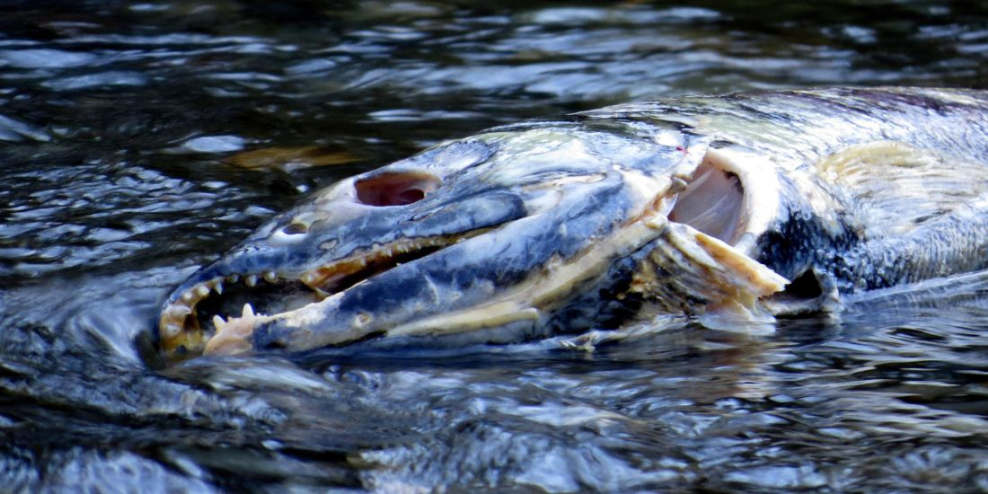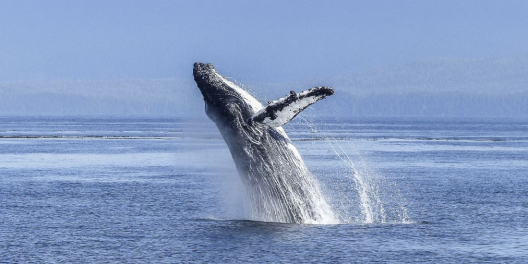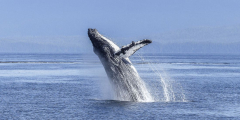Overfishing has been the biggest threat to healthy fish populations for the last hundred years. Now you can add the impacts of climate change to the biggest threats to the ocean’s health.
Our oceans are warming up. And as water temperatures increase, oxygen levels decrease.
Because of these changes, many fish populations are moving in large groups to colder waters. These colder waters can absorb more oxygen, which is essential for the fish to survive. In other situations, there will be times when a large number of fish die suddenly and all at once. This is called a mass fish die-off, which can happen because of these changes in the ocean.
Scientists who study fish, like Daniel Pauly at UBC, believe that in many areas, there will be fewer different kinds of fish in the local waters. This will happen because only a few species will be able to survive in changing conditions. When there are not many different types of fish, it also means that the whole ecosystem is not very strong and cannot handle changes well. This is not good for life on our planet.
“Deoxygenation is a big problem,” Pauly said in a recent story for YaleEnvironment360.
Since 1960, the area of oxygen-poor water in the open ocean has increased by nearly 4.4 million square kilometres. That’s equal to almost half the size of Canada.
When the ocean gets warmer, it can’t hold as much oxygen, which means it can support fewer types of fish. The fish that manage to survive will end up being smaller and unable to grow properly. Another bad thing is that there will be more bacteria in the ocean that produce greenhouse gases.
Pauly predicts that the tropics will empty of fish as they head toward the south and north poles in search of more oxygenated waters. Those fish already living at these extremes could face extinction.
This is not some horror story from the distant future. Just in April, ocean surface temperatures were the highest ever recorded, hitting an average of 21 C.
Temperature and acidification tend to get the lion’s share of attention when it comes to the effects of global warming on ocean life.
However, researchers now believe low oxygen has the biggest impact—low oxygen affects almost everything, including fish growth, reproduction, activity levels and survival.
“Our findings call for a refocus of global change experimental studies, integrating oxygen concentration drivers as a key factor of ocean change,” write the authors of a 2021 research paper published in the journal Nature Ecology and Evolution.
Oxygen levels in the world’s oceans have dropped more than two percent between 1960 and 2010. They are expected to drop seven percent below the 1960 level over the next century.
Over the past century, overfishing has been the greatest threat to fish populations. According to Daniel Pauly, if we deal with overfishing, climate-related ocean impacts will be the biggest threat.
If we don’t tackle greenhouse gas emissions, all trends point to the oceans becoming “a soup that you that you cannot live in,” Pauly said. “We have to expect this to happen.”






